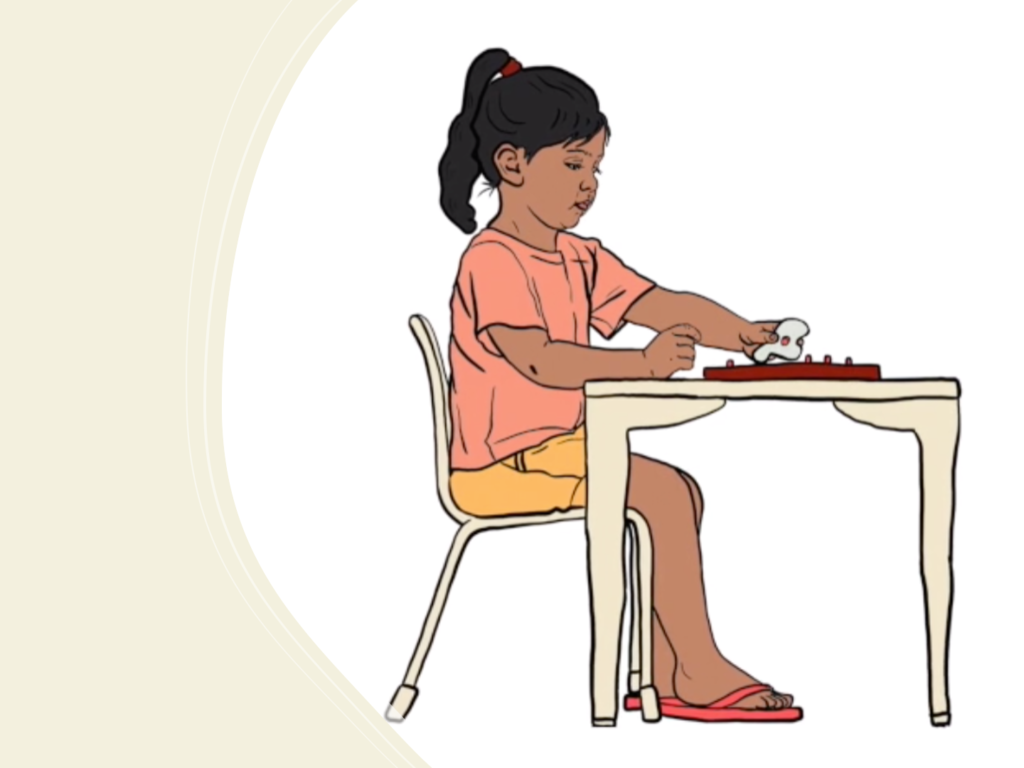
How children think about themselves academically – their academic sense of self – is strongly impacted by these societal expectations. We all have to juggle how we think of ourselves and what society expects of us. But this is particularly difficult for children who regularly experience stereotyping about their academic performance. For example, BIPOC children (i.e., Black, Indigenous, people – or in this case – children of color) are much more likely to experience negative stereotypes about their academic ability and intelligence. When children experience these negative stereotypes, it is more difficult to see themselves as someone who is good at school. It can even be difficult to feel like they belong there at all.
Researchers wanted to better understand how societal expectations impact children. To do this, they worked with children in kindergarten through fifth grade in a school on the Tulalip Indian Reservation, outside of Seattle, WA. Almost 200 students were tested to examine the development of their academic sense of self. Half of the students were white and half were BIPOC. What the researchers found was pretty interesting.
-
- Academic sense of self
- how a person thinks of themself as a student
- Bias
- the belief that some people or ideas are better than others, usually resulting in unfair treatment
- BIPOC
- Black, Indigenous, people of color
- Conscious
- thoughts or feelings that we are aware of
- Growth mindset
- the belief that, with effort, you can learn and achieve new things.
- In-group preference
- the tendency to form close relationships with others in a person’s same groups
- Self-esteem
- a cluster of characteristics, such as feeling confident, having pride in oneself, and a sense of self-worth
- Sense of self
- how a person thinks and feels about their self
- Stereotype
- a widespread belief that a person must have a trait because they belong to a particular group
- Unconscious
- thoughts or feelings that we are unaware of